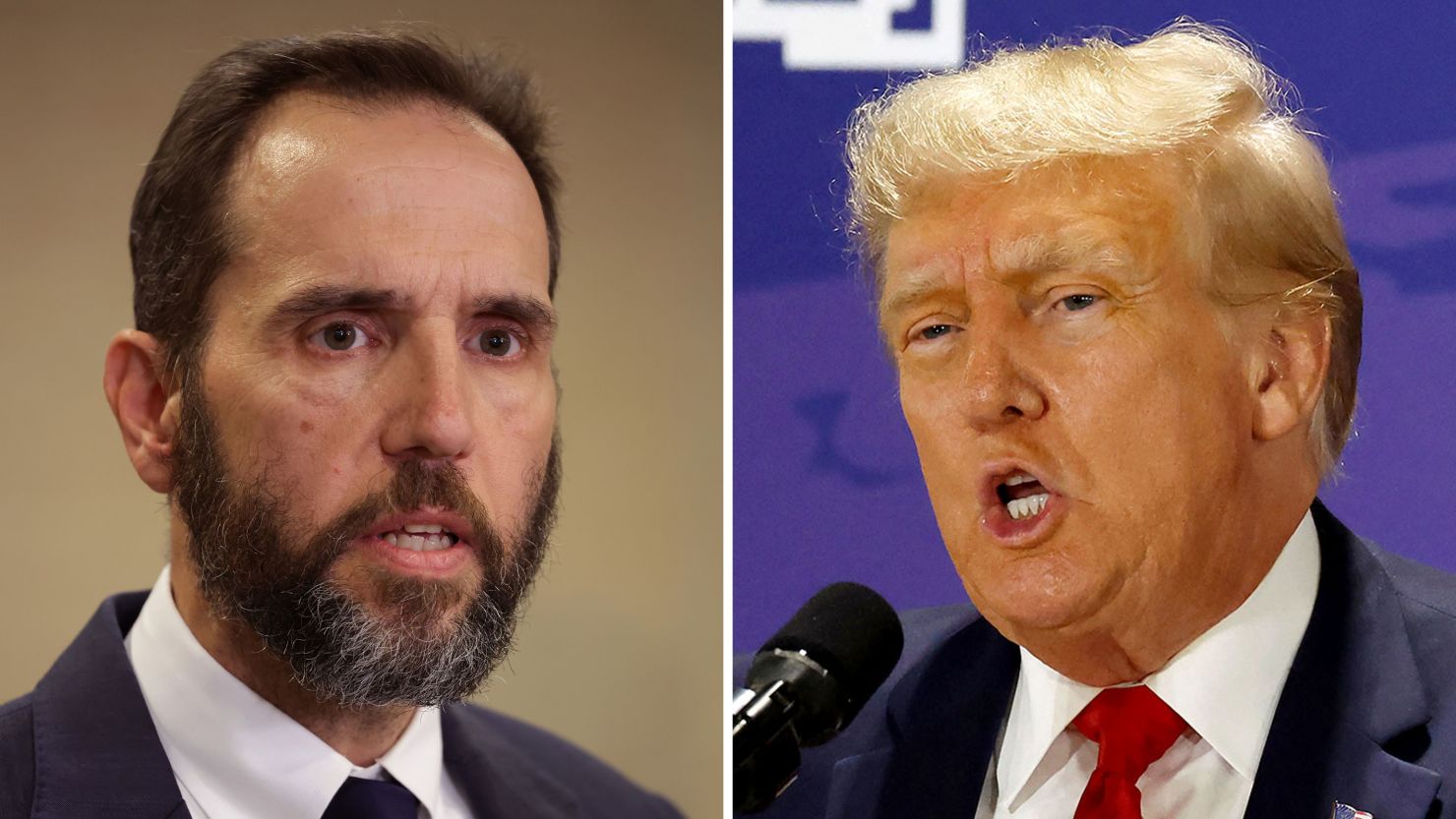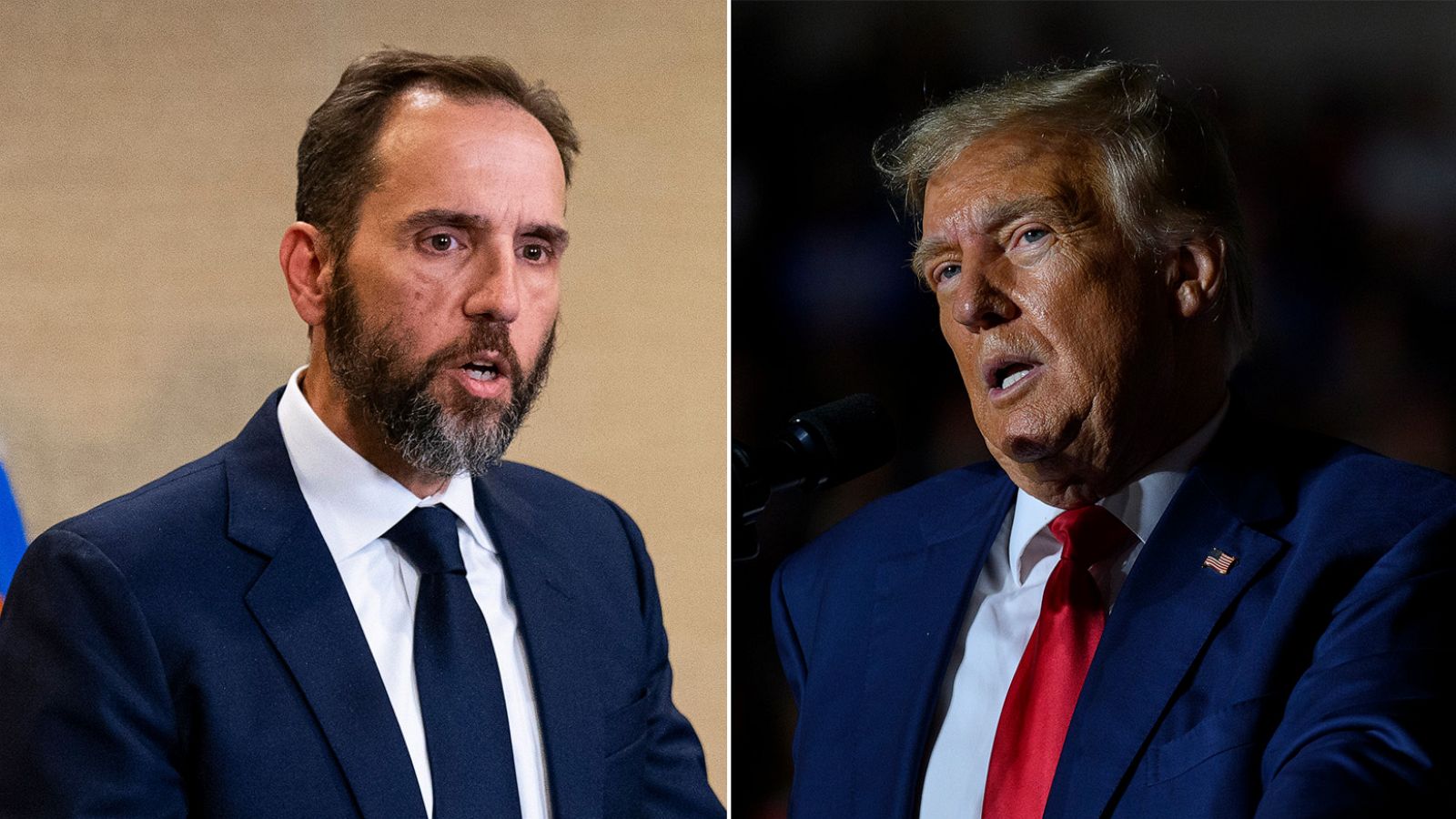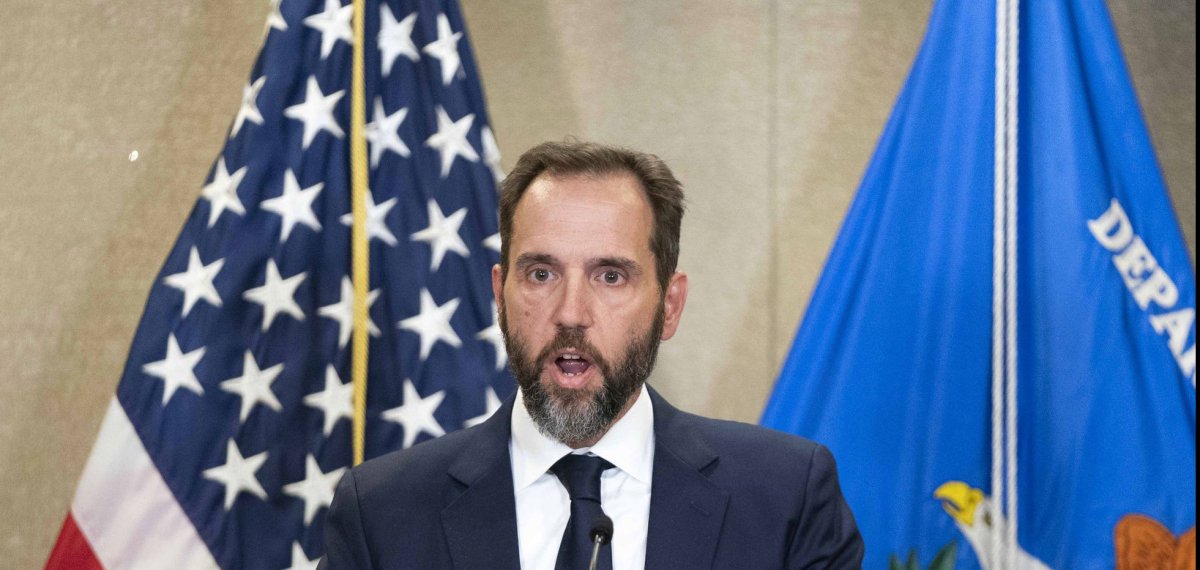Special Counsel Jack Smith has filed an appeal with the U.S. 11th Circuit Court of Appeals, challenging U.S. District Judge Aileen Cannon’s decision to dismiss the federal classified documents and obstruction case against former President Donald Trump. Smith argues that Judge Cannon made serious legal errors that threaten the integrity of the judicial process.

Legal Missteps and Historical Precedents
Smith’s team contends that Judge Cannon, a 2020 Trump appointee, deviated from established Supreme Court precedents and misinterpreted the statutes governing the appointment of special prosecutors. In a brief submitted to the appeals court, a member of Smith’s team highlighted that attorneys general have a long history of appointing special and independent counsels, dating back to the 1850s, with cases ranging from the prosecution of Confederate President Jefferson Davis to the Watergate scandal. The appeal argues that Judge Cannon’s ruling in July, which asserted that Attorney General Merrick Garland lacked the legal authority to appoint special prosecutors, is not only legally flawed but also dangerous. Smith’s team stresses that her decision undermines decades of legal precedent and could have far-reaching implications for the rule of law in the United States.
The Impact of Cannon’s Decision
Judge Cannon’s unexpected decision to dismiss the case has drawn widespread criticism, with many legal experts considering it a severe blow to what was seen as one of the strongest criminal cases against Trump. The Washington Post noted that the case has been stalled under Cannon’s supervision, leading some legal observers to question whether she was fully equipped to handle such a high-profile and complex case. The Wall Street Journal pointed out that the same appeals court had previously reversed one of Cannon’s decisions in this case, raising further doubts about her rulings. Smith’s appeal seeks to overturn Cannon’s decision and revive the case, which centers on allegations that Trump mishandled classified documents and obstructed justice. The outcome of this appeal is crucial, as it could determine whether Trump faces further legal scrutiny for his actions during and after his presidency.
What’s Next?
Trump’s legal team now has 30 days to respond to Smith’s appeal. However, even if the appeals court sides with Smith, the Associated Press reports that there is little chance of the case going to trial before the November 2024 presidential election. This timeline is significant, as Trump is currently a leading candidate in the upcoming election, and the outcome of this legal battle could have a profound impact on his political future.

As the legal proceedings continue, the stakes remain high, not just for Trump but for the broader legal and political landscape in the United States. The appeals court’s decision will likely be closely watched, as it could set important precedents for the power of special counsels and the accountability of former presidents.
